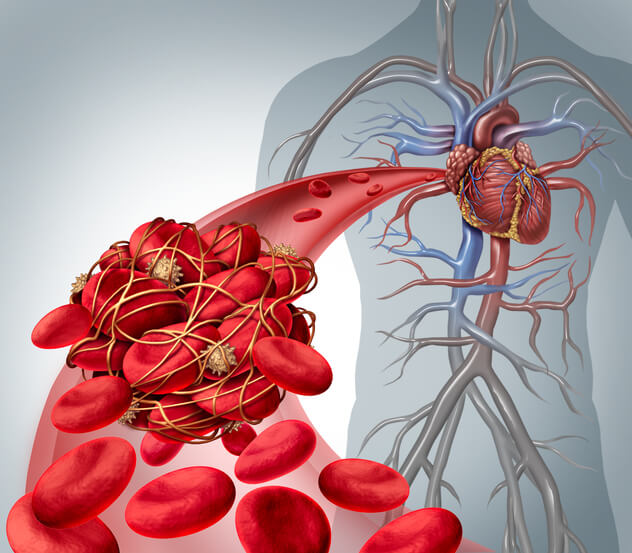What are anticoagulants? They are prescription blood thinners that help prevent clots from forming or traveling throughout your body. Your doctor may prescribe one to treat heart or blood vessel disease, atrial fibrillation, or improve circulation to the brain. Anticoagulants can reduce risk of heart attack or stroke for deep vein thrombosis and pulmonary embolism patients. What’s most important to know is that today, millions of Americans take these medications. Xarelto alone drove more than $6 billion in global sales for 2018. Today, more than 4.2 million Americans aged 18 and older take a prescription blood thinner medication.
What Newer Anticoagulants Are On the Market?
For the last 60 years, warfarin (Coumadin®) was the most commonly prescribed blood thinner. But over the last decade, four “new wave” blood thinners were introduced to consumers, stealing market share away from warfarin. These newer anticoagulants include:
- Apixaban (Eliquis®)
- Dabigatran (Pradaxa®)
- Rivaroxaban (Xarelto®)
- Edoxaban (Savaysa®)
Each anticoagulant is sold in pill form and used once daily. Doctors are prescribing these “new wave” drugs over the old standby, warfarin, for several reasons. However, they also agree that prescribing these newer drugs can be much more complicated than Coumadin. “It’s not a one-size-fits-all choice,” says the Cleveland Clinic’s Bruce Lindsay, MD. Choosing the right blood thinner medication depends on a patient’s overall health and lifestyle.
What are Some Benefits of New Wave Anticoagulants?
Doctors prescribe newer drugs over warfarin for several reasons. First, they require no regular patient monitoring or blood tests. (Warfarin requires at least one blood test and doctor’s visit each month to check its efficacy.) Doctors also like that the newer anticoagulants were designed to avoid warfarin’s risks, including brain hemorrhages and other dangerous bleeding events. Unlike warfarin, the newer blood thinners don’t require any dietary or lifestyle changes, which appeals to doctors and patients alike.
But other aspects concern doctors who hesitate to prescribe these newer anticoagluants. “The good news is you now have an alternative to warfarin,” said Dr. Alan Jacobson. Dr. Jacobson, director of anticoagulation services at the Veterans Administration (VA) in Loma Linda, CA, adds: “The bad news is you can kill a patient as easily with the new drug as you could with the old drug.” If not prescribed properly, these new drugs can cause even more serious problems than warfarin. Worryingly, the side effects are just as extreme.
Side Effects of Anticoagulants
Among newer anticoagulants, doctors may prescribe Pradaxa, Eliquis or Xarelto. Each blood thinner has distinct benefits, though most side effects are the same (with the exception of nausea with Eliquis). The most common newer anticoagulant side effects include:
- Easy bruising and minor bleeding
- May cause serious bleeding if it affects blood-clotting proteins too much
- Unusual pain/swelling/discomfort
- Prolonged bleeding from cuts or gums
- Heavy/prolonged menstrual flow
- Severe headache
- Dizziness/fainting
Warfarin has a reversal agent, and Pradaxa has Praxbind. But from 2011 to 2018, no antidote existed for Xarelto or Eliquis. Luckily, the FDA finally approved AndexXa, the first Factor Xa reversal agent, in May 2018. During that seven-year period, Xarelto patients suffered serious complications during emergency bleeds. In 2019, at least 25,000 pending lawsuits faced Bayer and Johnson & Johnson from injured or deceased patients.
How to Qualify for 2019 $775 Million Xarelto Settlement
If you or a loved one had serious internal bleeding from Xarelto or Eliquis, you may qualify for compensation. Complete your free Xarelto claim review today to confirm your eligibility for a cash settlement. Time to claim part of this $775 million payout is limited, so don’t wait! Act now. It’s the first step towards getting the compensation and justice you deserve for your injuries.
Related: Xarelto vs Warfarin: Comparing Blood Thinner Medications
